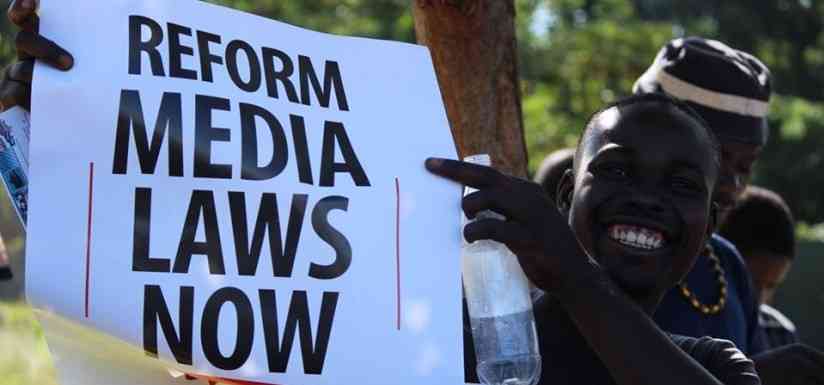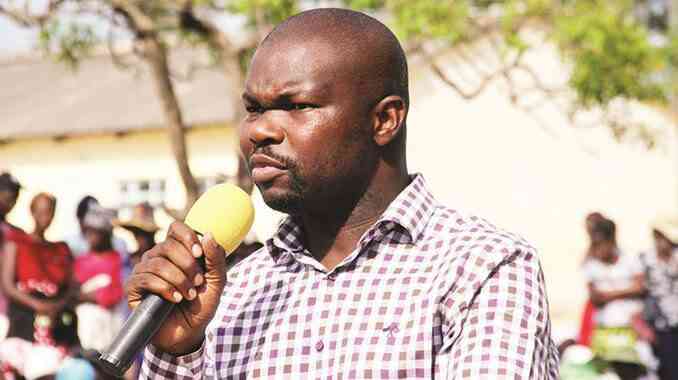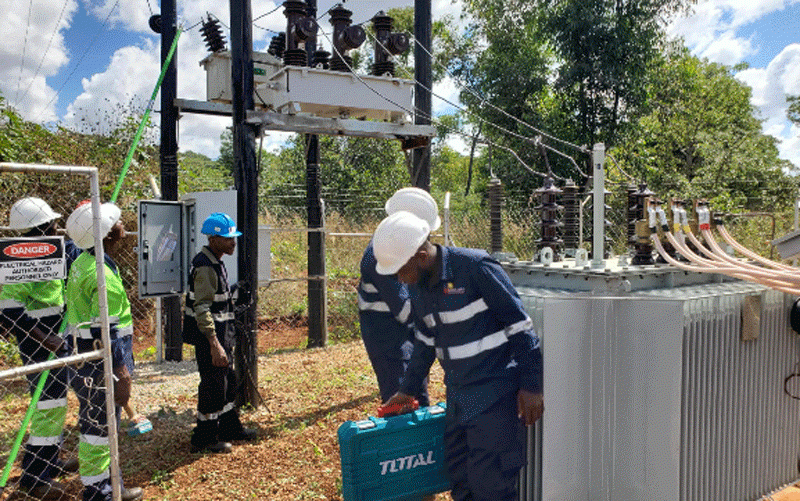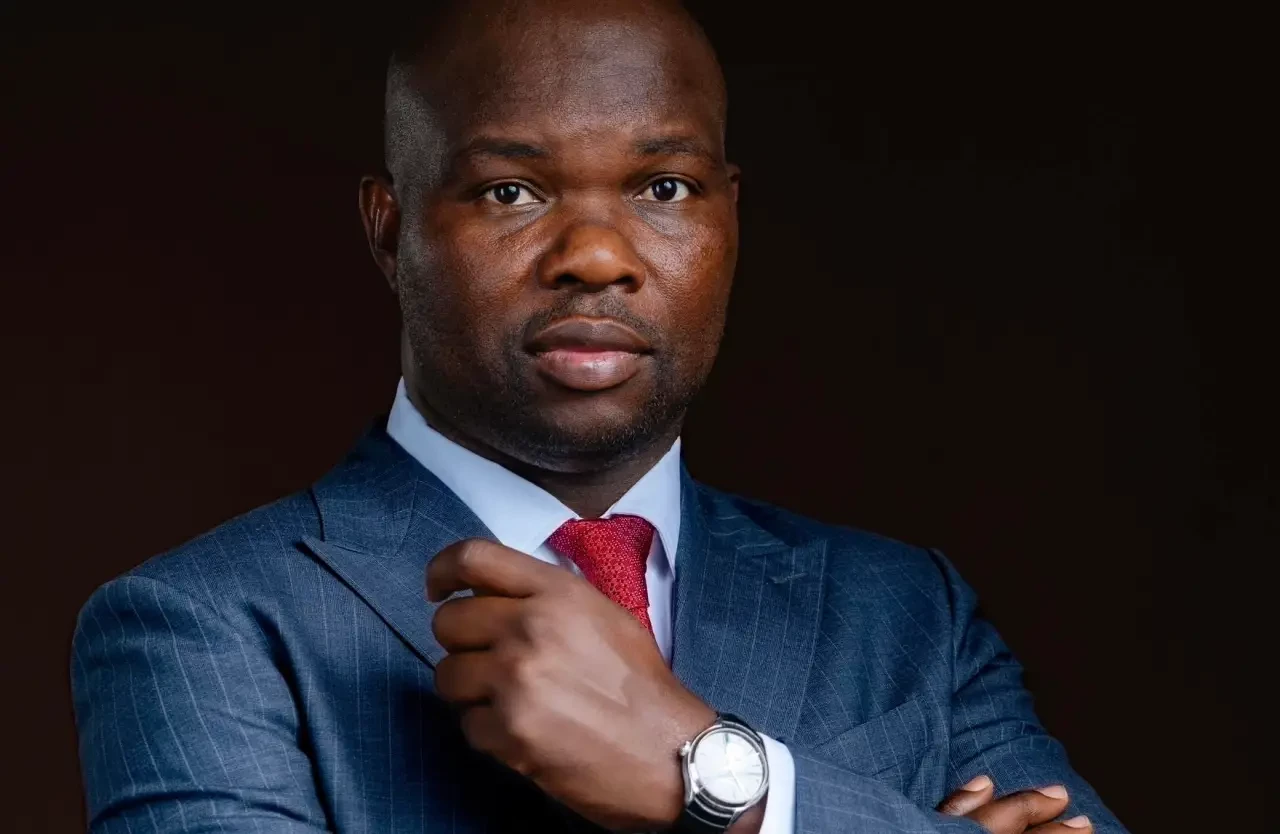
Zimbabwe is among the global family of nations that assent to the principles of media freedom anchored on the advancement of the rights to freedom of expression and access to information.
The country is among several nations in the world that annually, on May 3, observe the human aspirations to freely express themselves with the only restrictions being those that fall within the parameters of minimizing hate and harm.
World Press Freedom Day, which was born out of a declaration by journalists more than three decades ago on the bare minimum conditions of a free press, has become the flagship commemorative occasion to reflect on gains and losses in the arena of journalistic and media freedoms.
To put things into perspective, the media is a contested space the world over.
It has been the case since the growth and proliferation of mass communication with power in all its manifestations wanting a stake in controlling the information space.
As the adage goes, the pen is mightier than the sword and therefore there is compelling need for that power to be exercised within a controlled or more ideally regulated space.
This is why there is never debate on the need for regulation and enforcement of quality and standards within the media and information space.
What is, however, subject to debate depending on the country context is ideological persuasion and media structure among other factors and the nature and form of how the media is regulated.
- Chamisa under fire over US$120K donation
- Mavhunga puts DeMbare into Chibuku quarterfinals
- Pension funds bet on Cabora Bassa oilfields
- Councils defy govt fire tender directive
Keep Reading
There are several forms of media regulation, all of which media scholars have argued in favor or against.
The actual framing of these regulatory frameworks could differ in terms of semantics, but in my view, thy can be summarised as statutory, self, joint or co- and dual regulation.
In short, statutory regulation is whereby a government agency or state institution dictates the manner in which the media is held accountable and is often punitive in approach, with excessive measures, including jail terms being enforced to ensure adherence to the laws and regulations that would have been put in place.
Hostile governments and non- democratic regimes prefer this form of regulation.
Self-regulation is industry led, wherein representatives of media organisations, the editors as gatekeepers and journalists as practitioners set standards and codes of ethics that they commit to abide by.
This is a peer review mechanism in which mediation is the most preferred route in addressing complaints against the media.
In most cases, journalists and editors rope in other stakeholders including, but not limited to media owners and executives, civic society and generality of the public in the formulation and enforcement of standards.
It is important to note that this form of regulation, which in normal circumstances is not enforced by statute, is only as strong as the media institutions editorial policies and internal remedies are strong.
In other words, you cannot expect a media organisation to comply with standards set out in a peer review mechanism when they don’t conform by their own institutional measures.
The other two forms of regulation are a combination of statutory and self, with the stark difference mainly being that in dual the two regulatory bodies operate independent of each other while in a co-regulatory framework the two jointly enforce one code of conduct.
Zimbabwean media has been locked in a bitter struggle for media freedom anchored on entrenching ethical journalism, editorial independence and diverse ownership structures.
The struggle, much as the context has evolved.
There are now technological advancements and new emerging issues and challenges, including but not limited to climate change and global recession that it has become immensely difficult to even locate the media, let alone the future of journalism.
The politics at both local and international levels is also significantly shifting with priorities shifting from strengthening the common good to preservation and retention of power.
In the case of Zimbabwe, politics at the peak of the crisis has changed and although systems that entrench authoritarianism remain intact, there is a window of opportunity presented by a government open to dialogue and engagement.
Open dialogue and engagement are not an end in themselves, but an avenue to sustain momentum on the struggle for the long-held principles and values of media freedom.
The Zimbabwean media has been clear and categorical in their quest to self-regulate in line and sync with the Windhoek Declaration principles.
Beyond media stakeholders, the generality of Zimbabweans in a referendum affirmed support for an editorially independent state media.
The supreme law of the land compels state-owned media to be editorially independent and to serve as a platform for all.
State media is not an extension of government or one of the commisariat departments of the ruling party.
Rather it is a platform for empowering citizens in the decision-making process.
As this year’s World Press Freedom Day global theme suggest, “Shaping a Future of Rights: Freedom of Expression as a driver for all other human rights,” media freedoms are not an end but a necessity in the enjoyment of other rights, including the right to vote and the ultimate right to life.
While all these freedoms are espoused in the constitution to realise and enjoy these rights will not come on a silver platter.
It’s an ongoing battle that even though we acknowledge gains along the way, we are fully aware that it is not yet uhuru.
There is presently general consensus among media actors including media professional associations and support organizations, legislators in the information, media and broadcasting services portfolio committee, the Zimbabwe Media Commission (ZMC) and government that there be co-regulation of the media that acknowledges self-regulation, inclusive of state media and strengthened internal regulatory mechanisms for the media sector in Zimbabwe.
While conversations on the nature in which this co-regulatory mechanism will be implemented remains open to critical scrutiny and engagement, arriving at a consensus that will allow for the acknowledgement and strengthening of self-regulation by critical stakeholders, including government is a step forward.
Zimbabwe is a complex environment which is difficult to navigate.
The struggle should however be sustained, through pushing back and negotiating our space and freedom.
As the global family of nations observes press freedom, the clarion call to the government and people of Zimbabwe is to reform the media.
- Nigel Nyamutumbu is a media development practitioner who serves as coordinator of a network of media professional associations and support organizations, the Media Alliance of Zimbabwe (MAZ). He can be contacted on njnya2@gmail.com or +263 772 501 557










